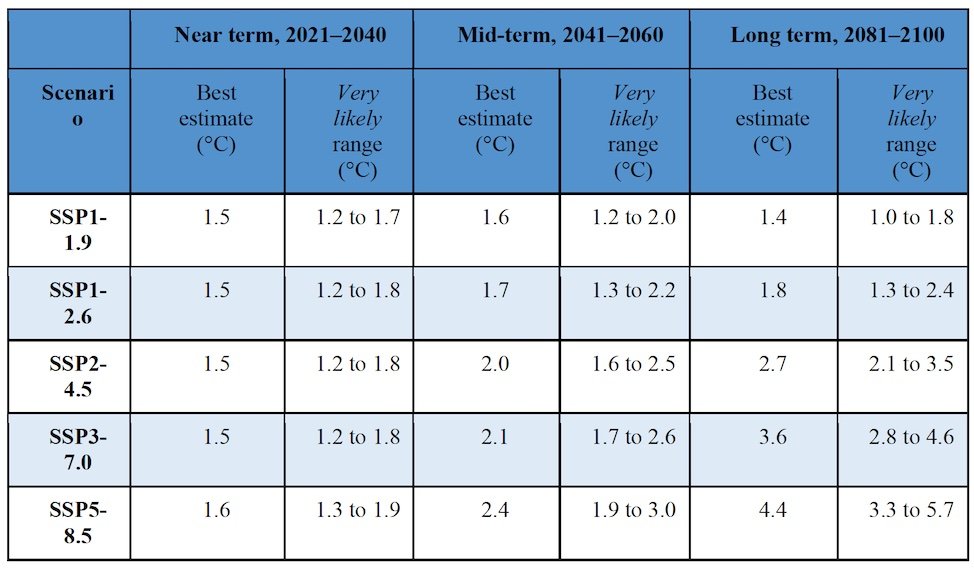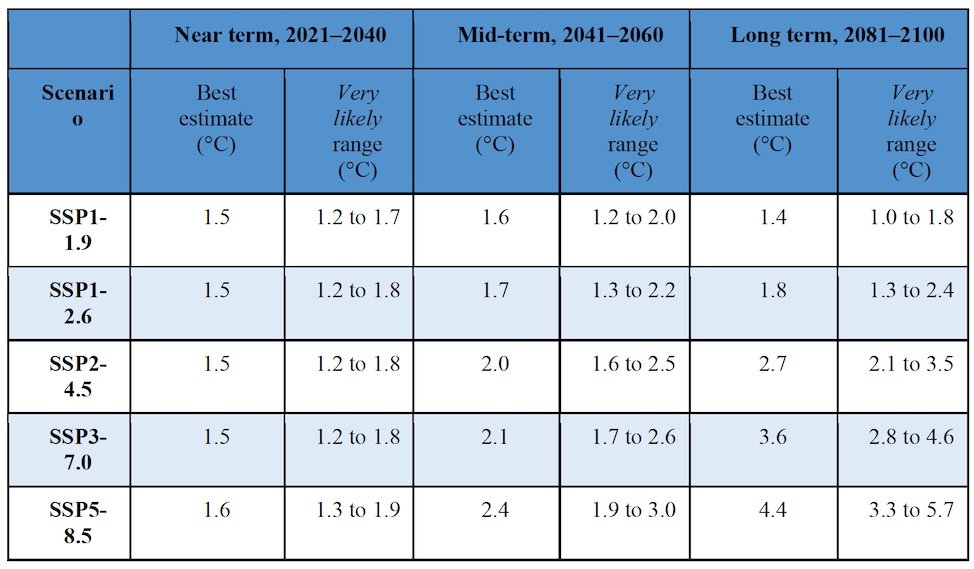
Remember:
1. the tropics may become uninhabitable if global warming reaches 1.6°C-1.7°C
2. the best case scenarios with economic growth: 1.6°C-1.7°C by the 2040s
3. media refuse to explain the postgrowth alternatives that have been well understood by economists for decades
🧵
1. the tropics may become uninhabitable if global warming reaches 1.6°C-1.7°C
2. the best case scenarios with economic growth: 1.6°C-1.7°C by the 2040s
3. media refuse to explain the postgrowth alternatives that have been well understood by economists for decades
🧵
🧵1. “On our current trajectory, we are talking about climate change endangering roughly half of all plants and all insect species..
economic growth is just not viable as a mechanism for future prosperity. In fact, it is associated with future cataclysm.”cnbc.com/2021/02/19/deg…
economic growth is just not viable as a mechanism for future prosperity. In fact, it is associated with future cataclysm.”cnbc.com/2021/02/19/deg…
🧵2. 'The tropics could become uninhabitable if we don’t limit global warming to less than 1.5°C'
We're somewhere between intermediate, high, and very high emissions scenarios: 2°C-2.4°C by 2041-2060; 3°C possible
IPCC unlikely best case scenario: 1.6°C
newscientist.com/article/227035…
We're somewhere between intermediate, high, and very high emissions scenarios: 2°C-2.4°C by 2041-2060; 3°C possible
IPCC unlikely best case scenario: 1.6°C
newscientist.com/article/227035…
🧵3. 'Rich countries must deliver the $100 billion a year in new and additional public finance that they have promised — and commit to a new finance goal based on the real needs of those facing climate breakdown.. in excess of $1 trillion annually.'waronwant.org/news-analysis/…
🧵4. 'For the high emissions SSP3-7.0 scenario, the world is likely to pass 2C around 2046 (with a range of 2035-2062), while in the very high emissions SSP5-8.5 scenario it is 2041 (with a range of 2032 to 2053)'
1.5C by 2025-2030 without degrowth action.carbonbrief.org/analysis-what-…
1.5C by 2025-2030 without degrowth action.carbonbrief.org/analysis-what-…
🧵5. 'Nature conducted an anonymous survey of the 233 living IPCC authors last month and received responses from 92 scientists.. Six in ten of the respondents said that they expect the world to warm by at least 3 °C by the end of the century..' nature.com/articles/d4158…
• • •
Missing some Tweet in this thread? You can try to
force a refresh










